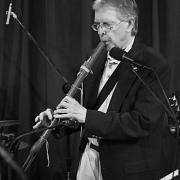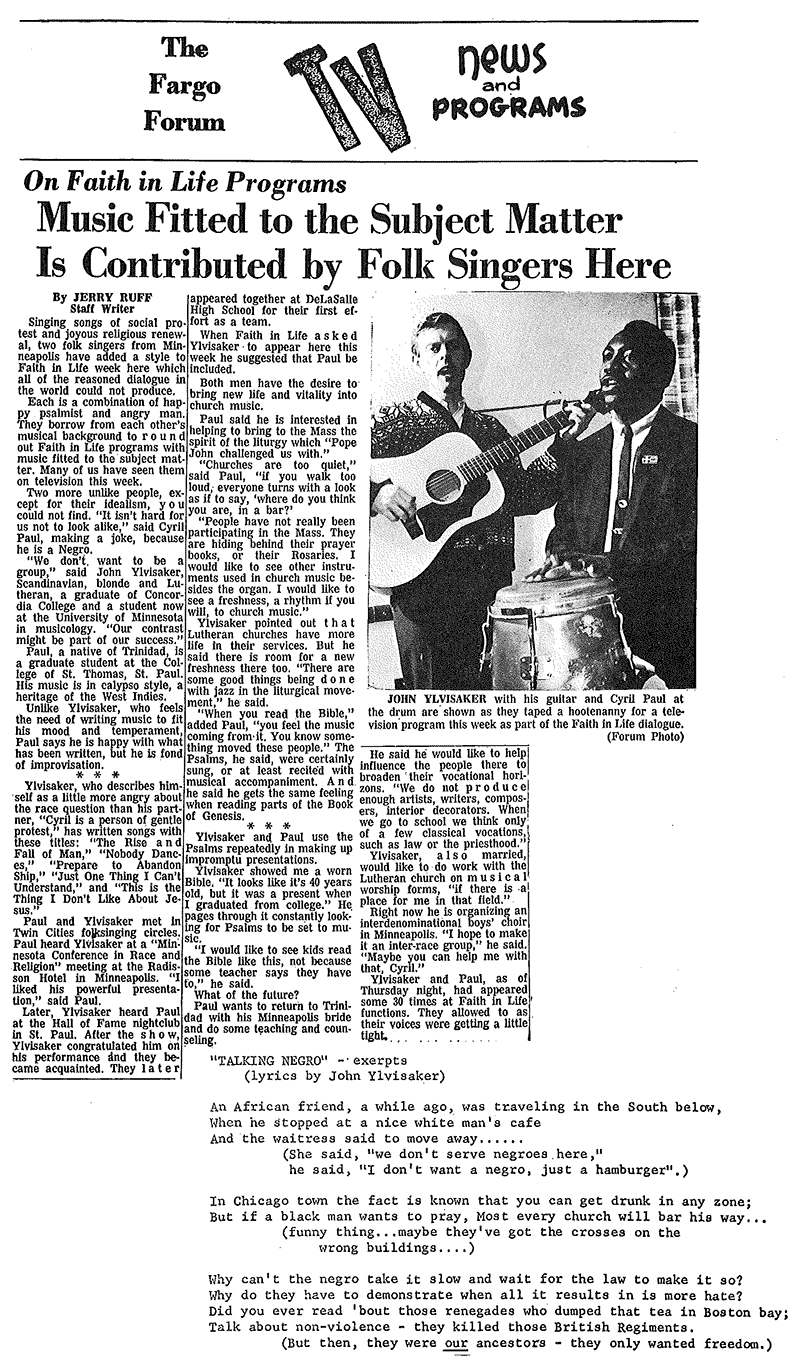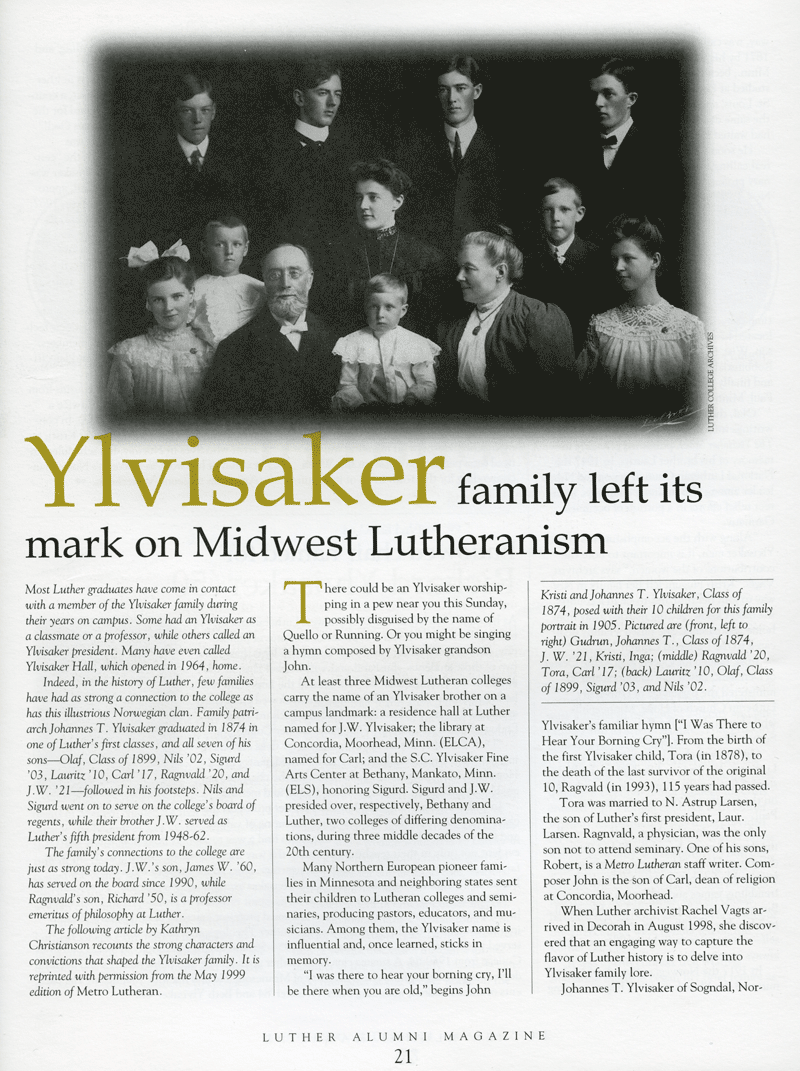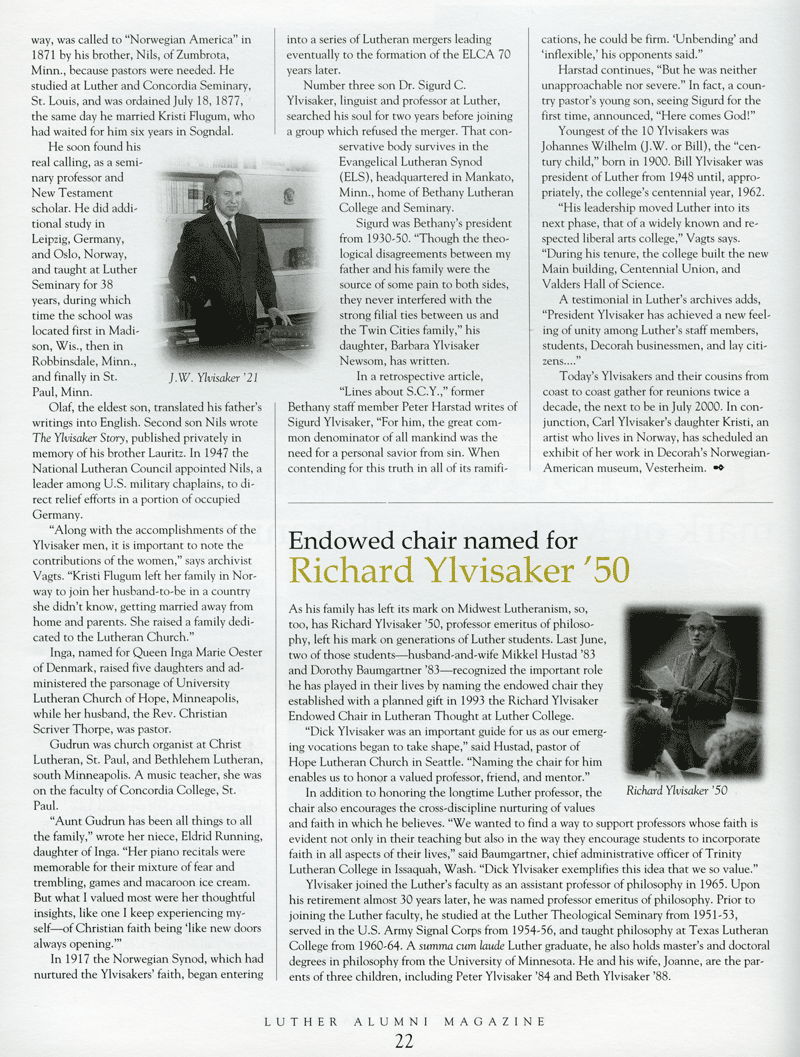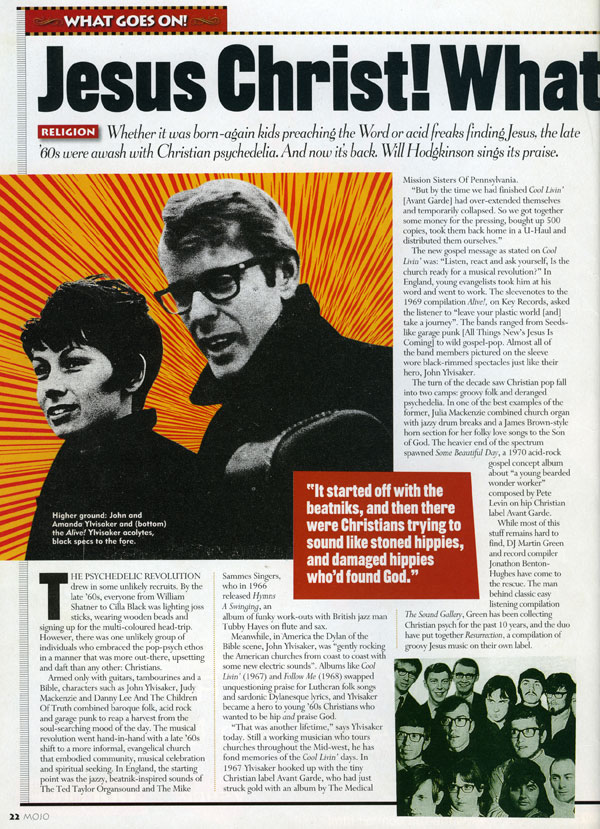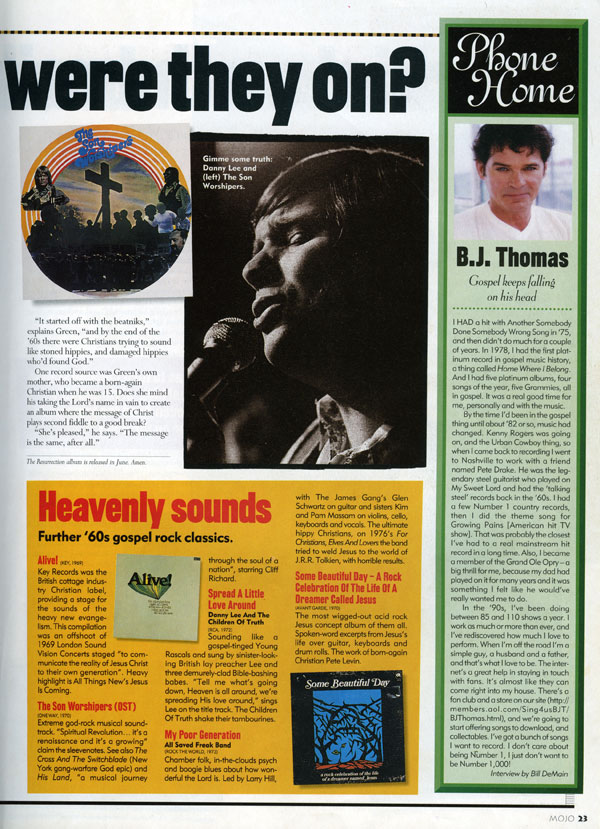Category: Articles
Wartburg honors composer
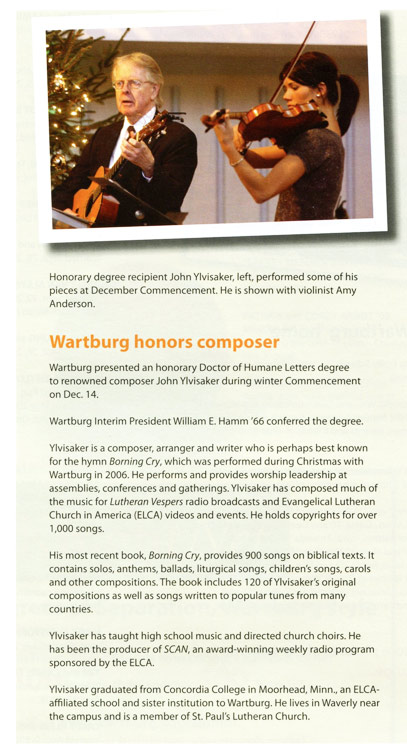
Ylvisaker Family Left Its Mark on Midwest Lutheranism
Which Way Are You Leaning?
Imaginative Use of the Arts
Jesus Christ! What Were They On?
Beyond Borning Cry
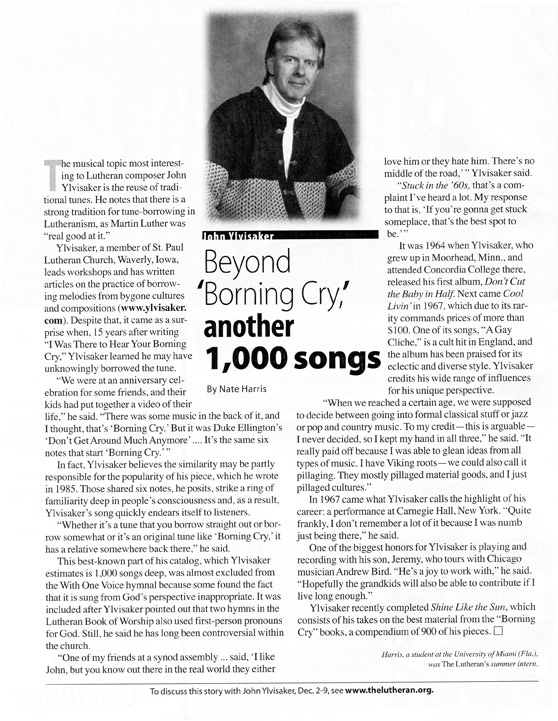
Two Streams of Congregational Music
The following article was included as the Preface to the second printing of Borning Cry – Worship for a New Generation in 1994.
THE TWO STREAMS OF CONGREGATIONAL MUSIC
When church members hear talk of “contemporary” worship, their usual reaction is, “We’ve never done that kind of thing before.” Well, that’s probably not true. The song tradition (contemporary, by our definition) has run parallel to the formal tradition all through the history of Judeo-Christian worship. Even when one examines the synagogue/temple practice of the Hebrews, one finds quite a difference. The synagogue style was more like a town meeting where a discussion would follow the “sermon” by the Rabbi. References to musical instruments would include the timbrel (tambourine) and lyres and lutes (guitar-like instruments) suggesting a very rhythmic, popular style of singing. At the temple they used trumpets, large harps and “loud clashing cymbals,” which would suggest a more classical, performance oriented music. This practice continued on into the early church period. St. Paul’s references to “psalms, hymns and spiritual songs” suggests that two new elements were added, “hymns” (a style borrowed from the Greeks) and “spiritual songs,” which was a new category probably resulting from the intimate sort of God which the Christians worshiped. Jesus was a God who not only became human, but also had friends and siblings, and a mom and dad. The spiritual songs were probably love songs to Jesus and story songs about his remarkable life here on earth.
Indigenization in Church Music
From Cross Accent Magazine:
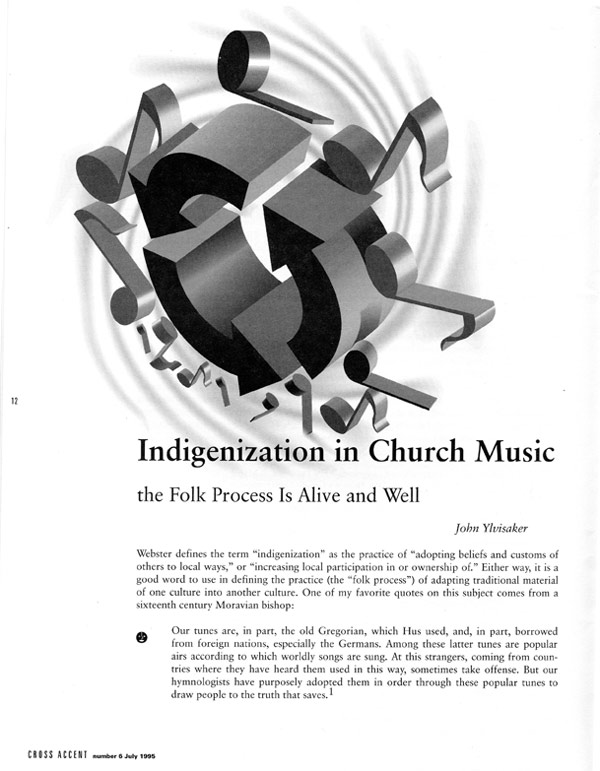
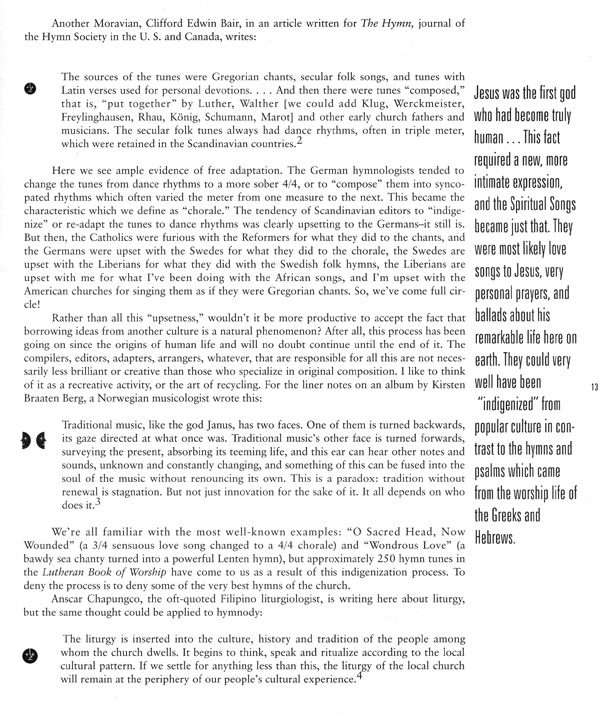
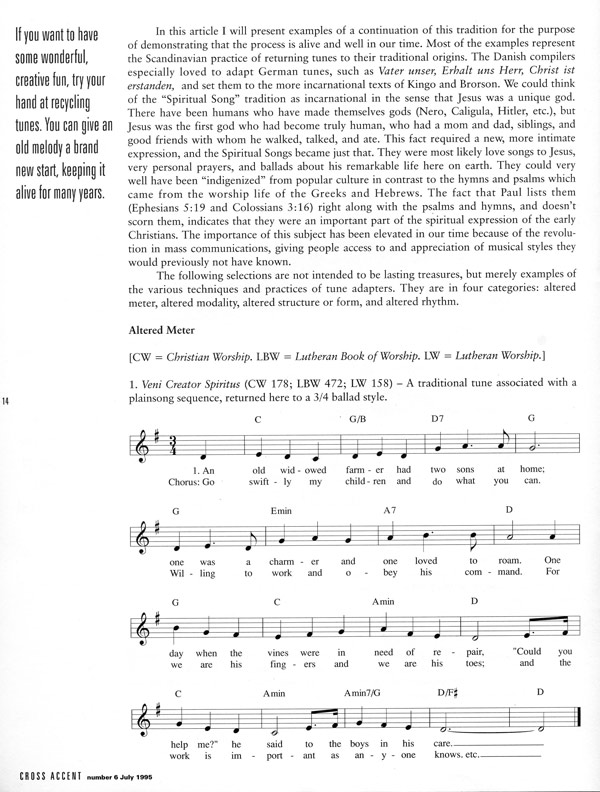
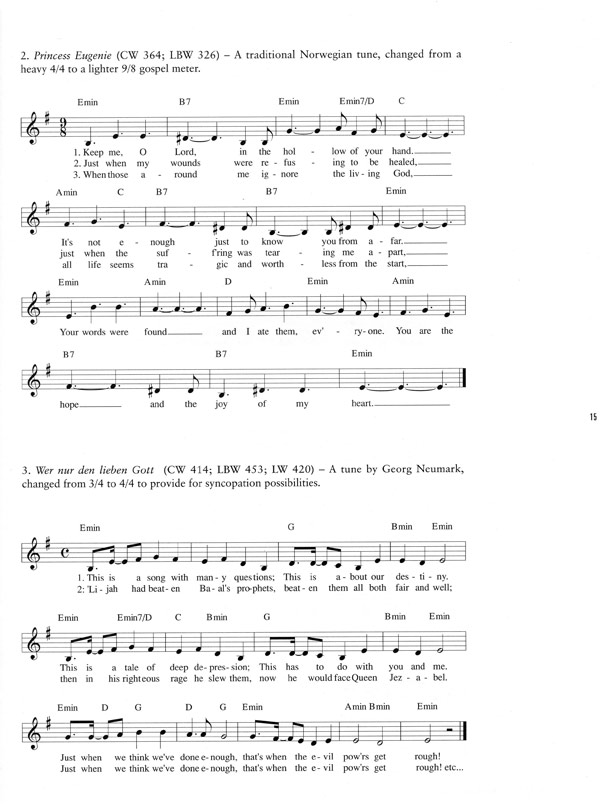
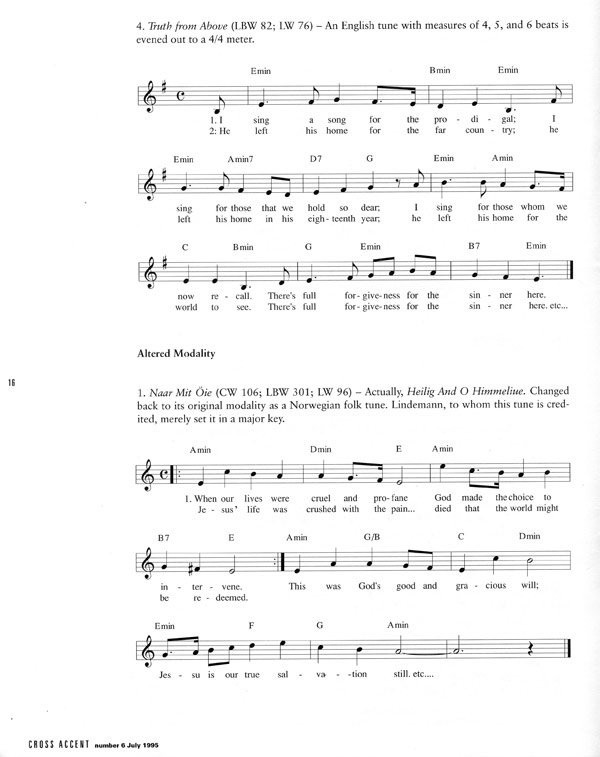
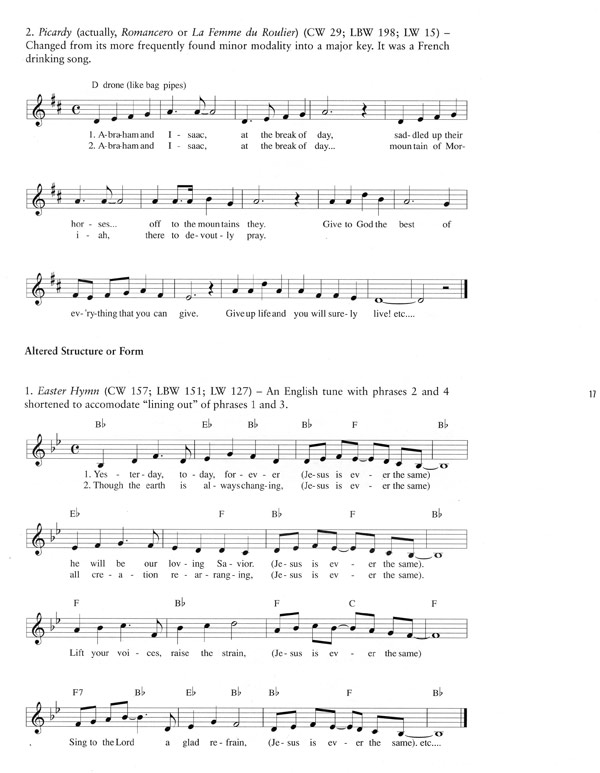
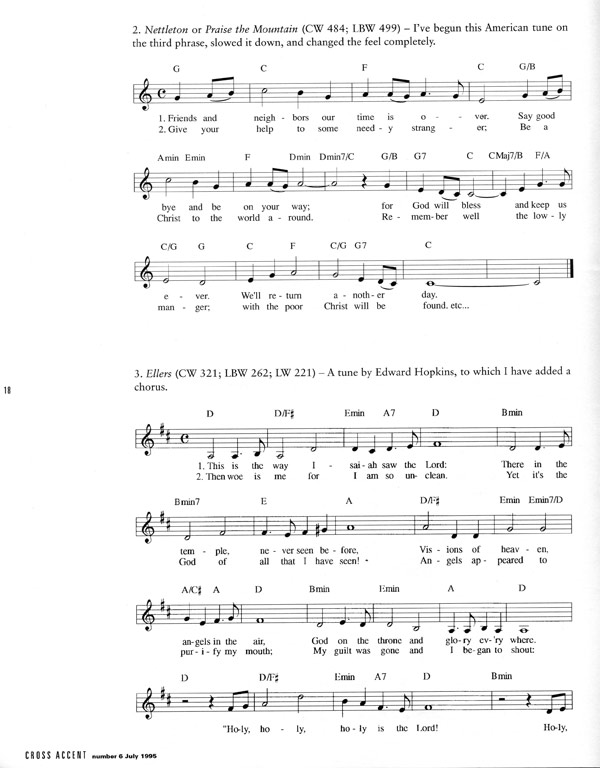
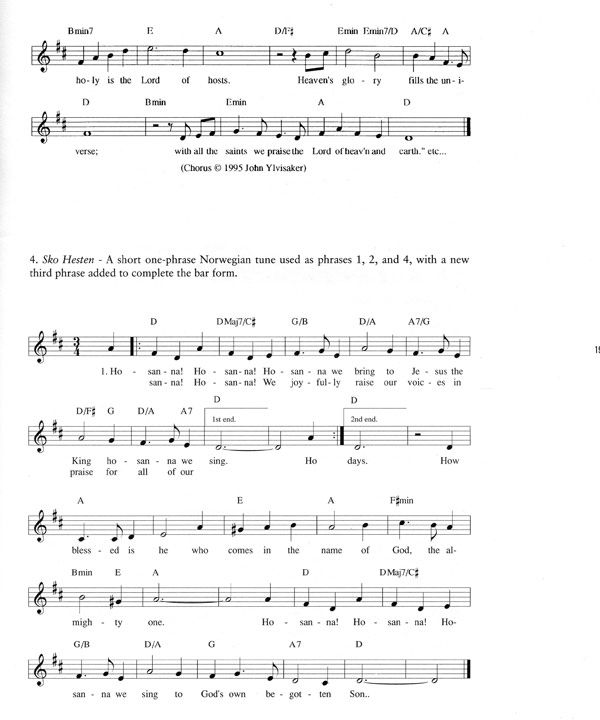
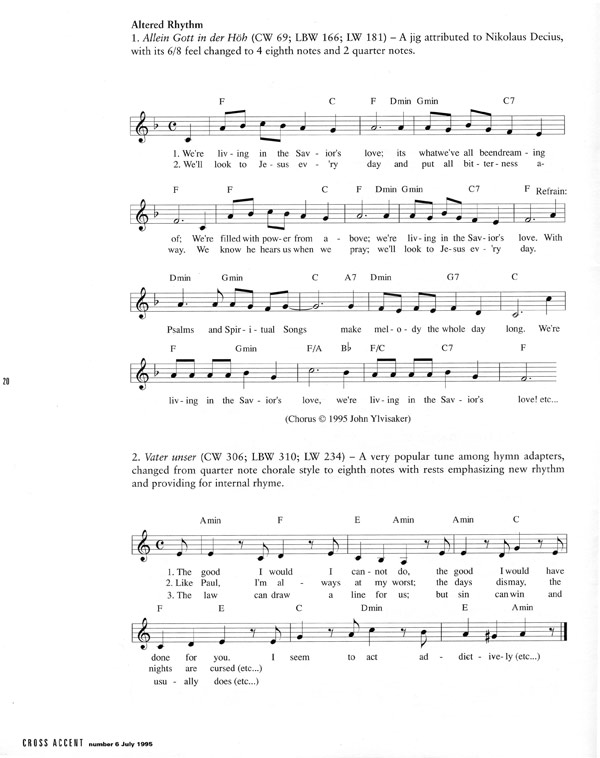
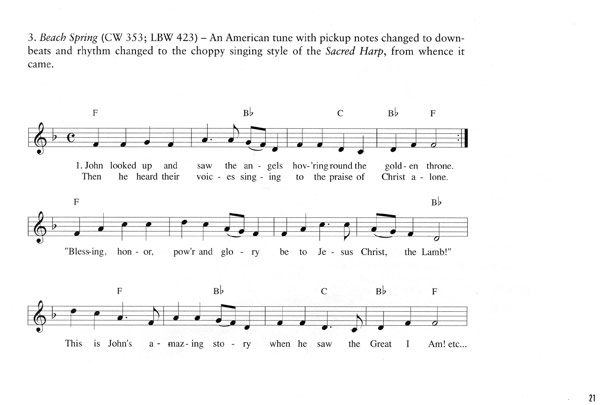
the Folk Process Is Alive and Well
Webster defines the term “indigenization” as the practice of “adopting beliefs and customs of others to local ways, “ or “increasing local participation in or ownership of.” Either way, it is a good word to use in defining the practice (the “folk process”) of adapting traditional material of one culture into another culture. One of my favorite quotes on this subject comes from a sixteenth century Moravian bishop:
Our tunes are, in part, the old Gregorian, which Hus used, and, in part, borrowed from foreign nations, especially the Germans. Among these latter tunes are popular airs according to which worldly songs are sung. At this strangers, coming from countries where they have heard them used in this way, sometimes take offense. But our hymnologists have purposely adopted them in order through these popular tunes to draw people to the truth that saves.1
Continue reading Indigenization in Church Music
Songs of Greatness
The following essay was written on November 25, 2007 by Darwin R. Anthony of Trimont, MN. It is posted here with his permission
SONGS OF GREATNESS
Our church organist, Kris Scheff, gained an appreciation for his music when she worked with his group. She was the reason that he gave a concert in our community several years ago. I listened closely to her music as she played the prelude in church this morning. I recognized his music. It is a part of her and she wanted to share it with all of us. I wondered if she wanted to make sure that we remembered his music.
It has been several years since the time of his concert, yet I recognized his music. The music has a “remembering effect” on me. I can see him as he presented the music at the concert. His concerts in the park were truly a “mountain top experience.”
I will also always remember her statement. My wife was waiting for me in the park after the other people had gone. She sat at a picnic table in the quietness of the afternoon. I asked her what she was thinking about and her reply was something wonderful. She told me that she was JUST LISTENING. She told of being able to hear the music once again. The music was so powerful that time could not contain it.
It is rare to meet someone of true greatness. I believe this happened when I met John Ylvisaker. His music is a part of me as it is to so many others.
JUST LISTENING produces not only sound and word. It produces a feeling.
